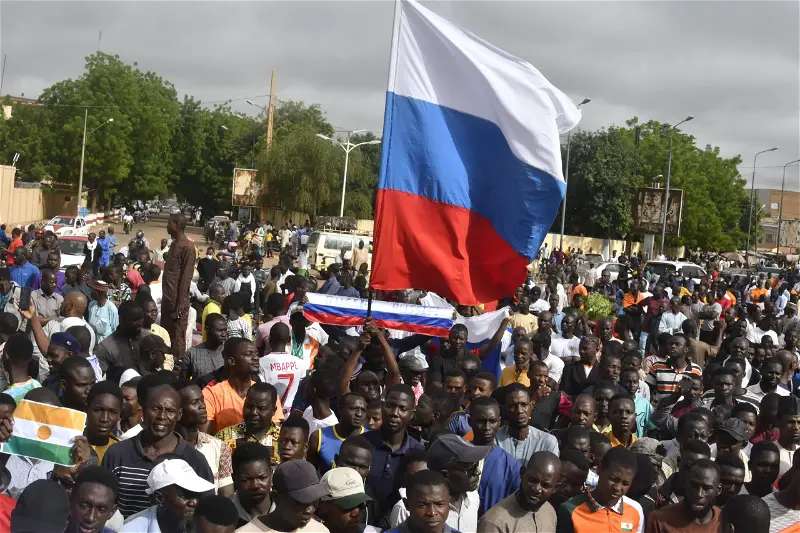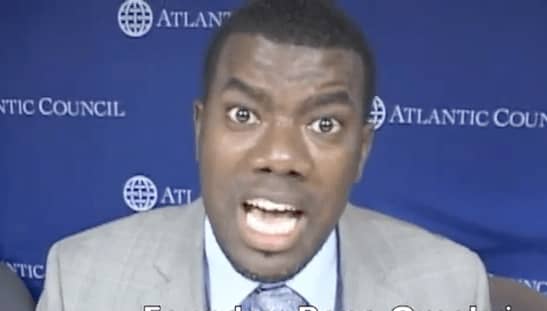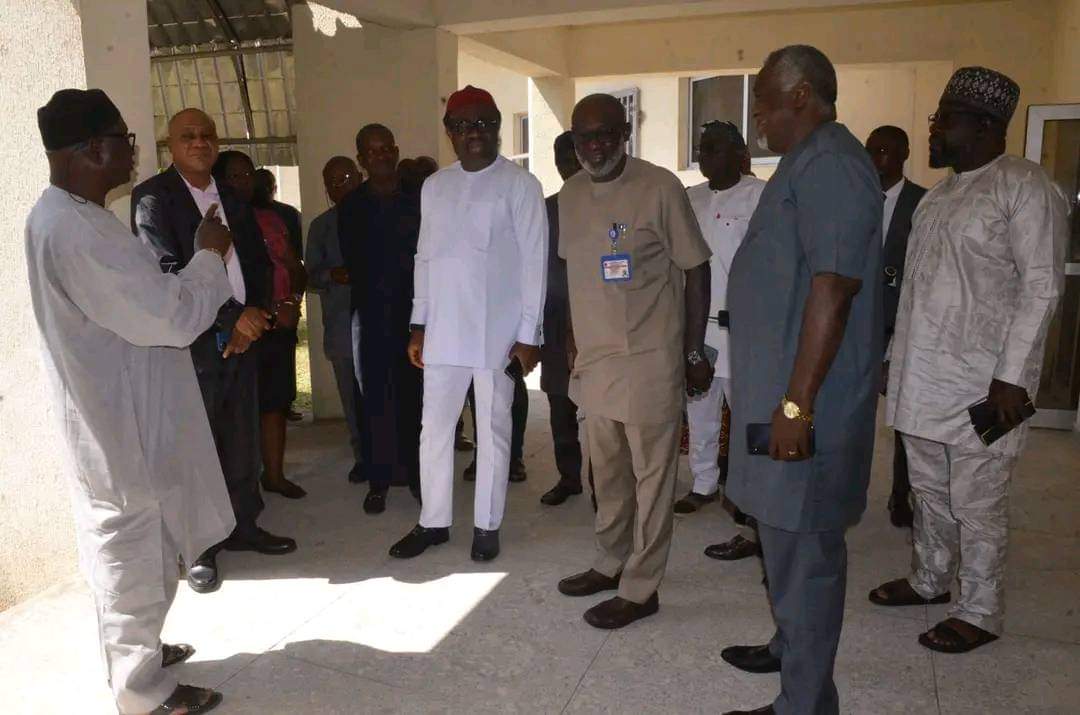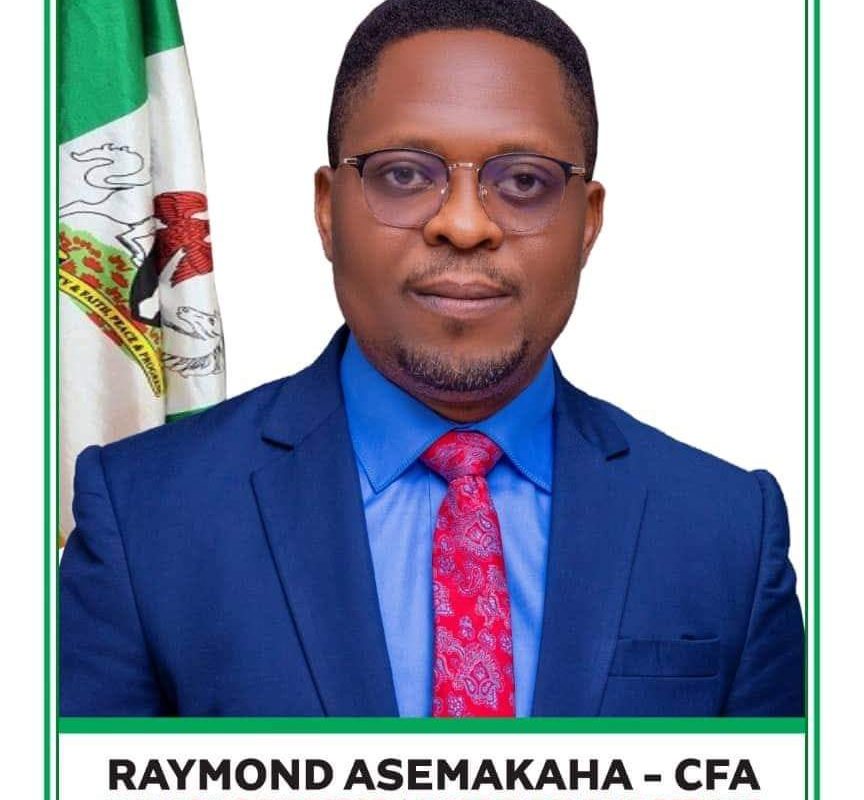
During a demonstration on independence day in Niamey on August 3, 2023, protesters held a Russian flag during the demonstration. – France demanded safety guarantees for foreign embassies on August 3, 2023, ahead of planned rallies in coup-hit Niger, at a time when other Western governments curtailed their diplomatic presence.
After the country’s military chiefs disobeyed an order to reinstate the elected president, leaders from the West African bloc ECOWAS will gather on Thursday for an emergency conference to discuss the coup in Niger.
Two weeks after the coup that overthrew Mohamed Bazoum, the Economic Community of West African States (ECOWAS) has stated that it is seeking a diplomatic solution to the conflict, but it has not ruled out the possibility of resorting to force to resolve the issue.
According to a statement released by the 15-nation organization on Tuesday, significant decisions are anticipated to be made at the summit that will take place in Abuja, the capital of Nigeria.
As the organization has struggled since 2020 to put a stop to a string of military takeovers in its member states, it gave the troops who had taken power on July 26 until the previous Sunday to reinstate Bazoum or face the possibility of being forced to do so by force.
However, the leaders of the coup remained obstinate, and the deadline passed without any significant events occurring.
According to a decree that was read out on national television on Thursday, the military authorities have appointed a new government as their most recent act of defiance against the pressure that has been brought on by the world community.
Prime Minister Ali Mahaman Lamine Zeine will serve as the leader of the 21-member administration. Generals appointed by the new military governing council will serve as the heads of the defense and interior ministries, respectively.
The idea of a military intervention in Niger, a fragile nation that ranks among the poorest in the world, has provoked debate within ECOWAS as well as concerns from neighboring Algeria and Russia.
Niger’s neighbors Mali and Burkina Faso, which are both governed by military governments that seized power in coups, have stated that an intervention would be equivalent to declaring war on their country.
– Expectations of having “genuine dialogues” –
The leaders of the coup on Tuesday turned down an offer to deploy a joint team of representatives from ECOWAS, the United Nations, and the African Union to the capital city of Niamey.
Earlier this week, the leaders of the coup appeared to have nominated a new prime minister, which gave the appearance of marking the beginning of the transfer to a new government.
On the other hand, in an unexpected turn of events on Wednesday, a former emir of the city of Kano in Nigeria stated that he had met with the leaders of the coup in an effort to assist mediate the problem.
The Hon. Sanusi Lamido Sanusi stated on Nigerian state television that he had spoken to the leader of the coup, General Abdourahamane Tiani, and that he would convey a “message” to President Bola Tinubu of Nigeria, despite the fact that Sanusi was not an official government envoy.
“We came hoping that our arrival will pave the way for real negotiations between the leaders of Niger and those of Nigeria,” said Sanusi, who is known to be a close friend of Tinubu. “We came hoping that our arrival will pave the way for real discussions between the leaders of Niger and those of Nigeria.”
The current chair of ECOWAS, Nigeria, is adopting a harsh stance against the coup that took place in Niger last month. This was the fifth coup in Niger since the country gained independence from France in 1960.
The President of Guinea-Bissau, Umaro Sissoco Embalo, made his remarks before departing for Abuja on Wednesday. He stated that the survival of ECOWAS was in jeopardy as a result of recent coups in four member states. These states are Mali, Guinea, Burkina Faso, and Niger.
He stated that coups should be made illegal and that Bazoum should continue to be recognized as Niger’s sole legitimate president.
“Deplorable living circumstances,” as the sign reads.
Since the 26th of July, members of Bazoum’s presidential guard have been holding the 63-year-old Bazoum in detention. The chief of the United Nations has joined the chorus of those who are concerned about the well-being of Bazoum.
According to a statement released by the United Nations, Antonio Guterres voiced his disapproval of “the appalling living conditions that President Bazoum and his family are alleged to be living under.”
According to a report that was published by CNN on Wednesday, Bazoum was reportedly being held in isolation while being forced to consume dry rice and noodles.
Countries in the unstable Sahel area are fighting a jihadist insurgency that began in northern Mali in 2012, moved to Niger and Burkina Faso in 2015, and is now generating anxieties in states that are located on the Gulf of Guinea. This conflict began in northern Mali in 2012 and began in northern Burkina Faso in 2012.
The deadly campaign has been a disaster for those three nations, all of which have a troubled past and rank among the poorest countries in the world.
The election of Bazoum in 2021 had assisted in the consolidation of Niger’s tight connections with France and the United States, both of which maintain significant military facilities and personnel deployments in the country.
After having disagreements with the military commanders of Mali and Burkina Faso, France decided to refocus its anti-jihadist policy on Niger and withdraw its personnel from those two countries last year.




